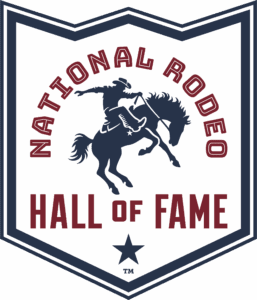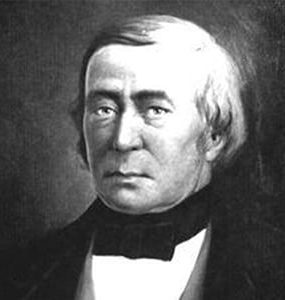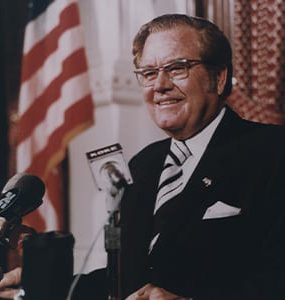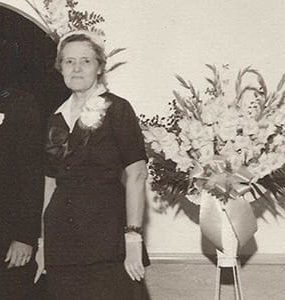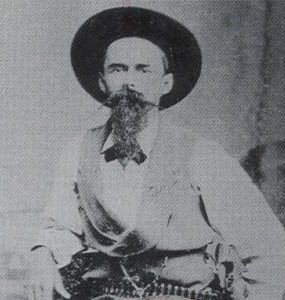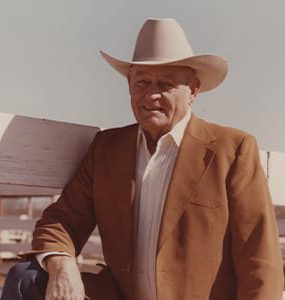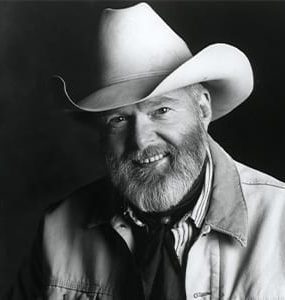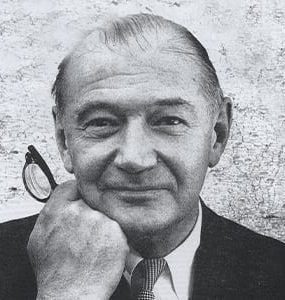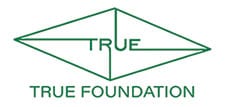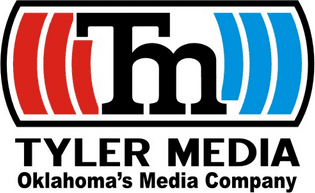Bio
Thomas Fitzpatrick (1799–1854) was a prominent American fur trader, mountain man, and Indian agent, known for his critical role in the westward expansion of the United States. Born in County Cavan, Ireland, he immigrated to America in the early 1820s, becoming a fur trapper for the Rocky Mountain Fur Company. Fitzpatrick was among the first to discover South Pass in Wyoming, a crucial route for pioneers heading to the Pacific.
Throughout the 1820s and 1830s, Fitzpatrick led expeditions across the Rocky Mountains and organized trapping expeditions. He became a senior partner in the Rocky Mountain Fur Company and later worked for the American Fur Company. Known as “Broken Hand” due to a firearm accident, Fitzpatrick was widely respected for his frontier knowledge and relationships with Native American tribes.
In 1831, he found a young Arapaho boy, Friday, and helped educate him. Friday later became a prominent interpreter and leader. As the fur trade declined, Fitzpatrick became a guide for westward-bound pioneers and explorers, including John C. Frémont and the Bartleson-Bidwell Party.
In the 1840s, Fitzpatrick served as a U.S. Indian Agent, negotiating significant treaties with Plains tribes, including the 1851 Fort Laramie Treaty. He married Margaret Poisal, the daughter of a French-Canadian trapper and Arapaho woman, and had two children.
Fitzpatrick died in Washington, D.C., in 1854 from pneumonia while finalizing treaty negotiations. His legacy endures through his contributions to Western expansion and his role as a mediator between Native Americans and U.S. settlers.


